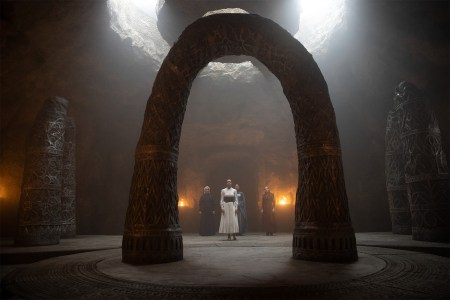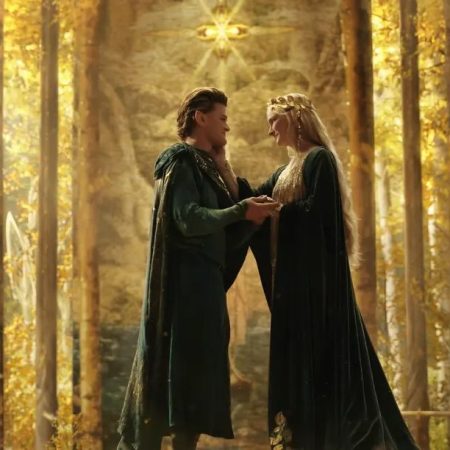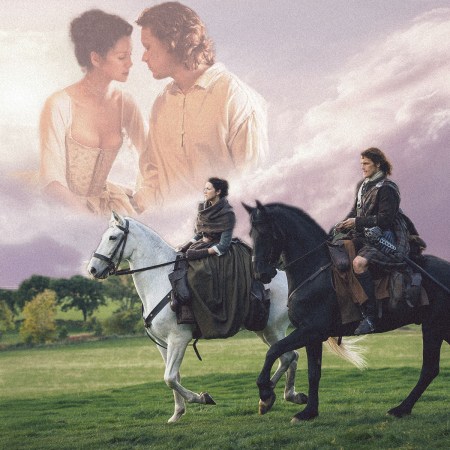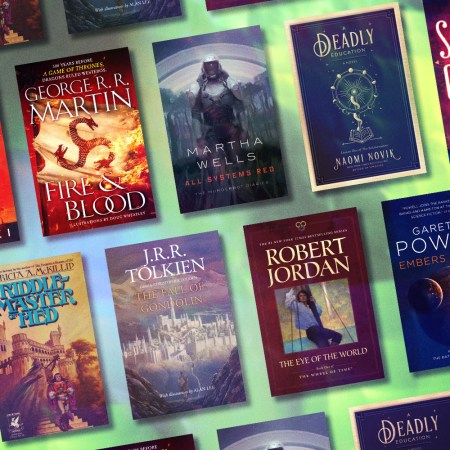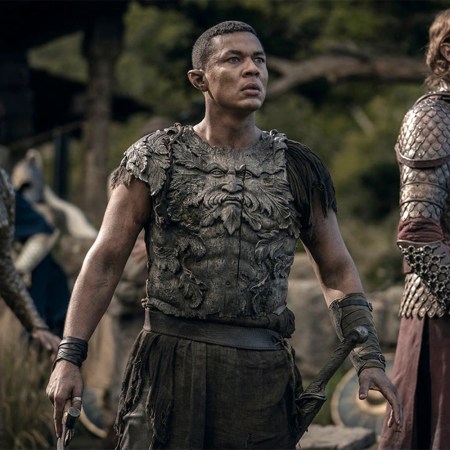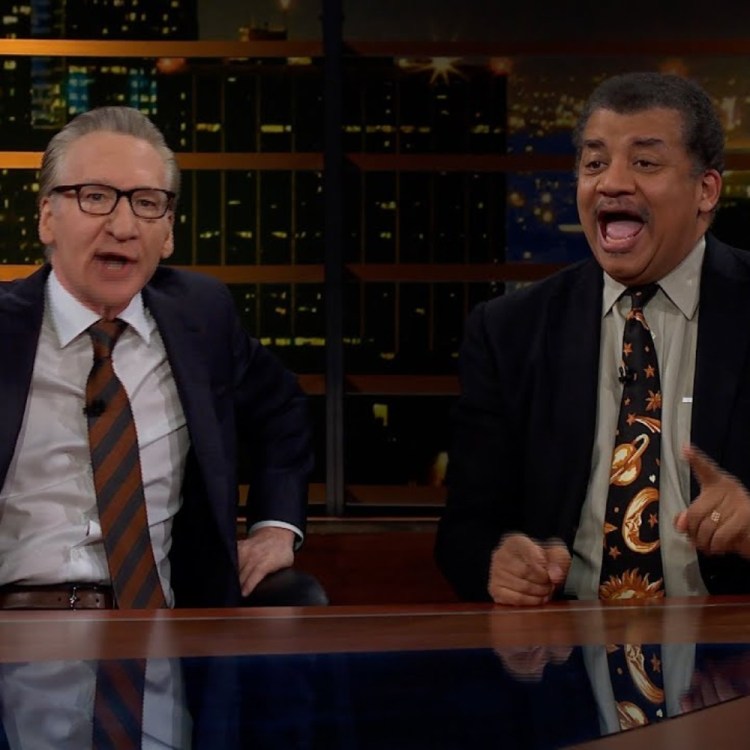This story includes spoilers for season two of House of the Dragon.
When the colossal dragon Vhagar burst through the clouds and tore Prince Lucerys Velaryon and his pipsqueak fire-breather Arrax to shreds on a Sunday night in October 2022, we finally had an answer. In the world of the show — season one of House of the Dragon — that bloody mistake by Prince Aemond Targaryen was the official opening bell of the war of succession between Aegon II and Rhaenyra. But in the real world, on couches across the country, that thrilling, startling finale seemed to signal the end of the war of the fantasy mega-shows. Amazon’s exorbitantly expensive Lord of the Rings prequel Rings of Power, which had wrapped up season one the previous Sunday, was no match for the dramatic machinations of George R.R. Martin’s Westeros. HBO’s Game of Thrones prequel had solidified its grip on us all.
Yet, it must be remembered, TV shows are only as good as their last season, at least in the short-term. While House of the Dragon was leagues ahead of its competition two years ago, its season two finale on Sunday night ended with a whimper after an eight-episode run that was packed to the gills with filler. Instead of solidifying its dominance as the be-all, end-all of prestige swords and sorcery, House of the Dragon has left an opening for another fantasy epic to usurp its throne in the zeitgeist.
The general consensus is that Sunday night’s finale, “The Queen Who Ever Was,” was anticlimactic. Instead of bringing one of the many fights that were built up over the season to a conflagrant conclusion — Daemon and his dragon vs. Aemond, Daemon and his army vs. Ser Criston Cole and the Lannisters, Corlys “the Sea Snake” vs. the Triarchy, Queen Rhaenyra Targaryen and her dragon vs. literally anyone — the creators Ryan Condal (who became the sole showrunner after Miguel Sapochnik departed after season one) and George R.R. Martin and episode writer Sara Hess decided instead to treat it as a 70-minute cliffhanger for the third season, which currently has no set release date.
That strategy in and of itself isn’t as big of a deal as some critics are making it. It was a disappointment to be sure, but the fatal error House of the Dragon made truly lies in their handling of the entire season, where it’s clear they didn’t learn the lessons of the spectacular flameout that was the final season of Game of Thrones. They forgot that no one actually cares about dragons, epic battles or magnificent CGI set pieces if they don’t care about the characters first.

House of the Dragon’s Big, Splashy Shrug
The basic structure of this season of House of the Dragon didn’t differ much from seasons past (including Game of Thrones), where the penultimate episode is when the real dramatic climax takes place. In the seventh episode, “The Red Sowing,” Rhaenyra ushered a host of low-born offshoots of the Valyrian family tree into the dragon den in the hopes that Vermithor would allow one of the bastards to ride him. The ensuing action was classic Thrones: wince-inducing brutality as the ginormous dragon set the silver-haired upstarts aflame, paired with a visually stunning tracking shot of blacksmith Hugh Hammer running for his life before facing the dragon and eventually claiming him. Instead of leaving viewers aghast — at the spectacle and surprise of it all — this undoubtedly pricey, supposedly season-defining scene left viewers with a question: Do we care?
What was supposed to be a crescendo to season two was instead both expected and unfulfilling. Hugh and Ulf White, the two who claimed dragons in episode seven, were the only so-called “dragonseeds” we had been introduced previously, so it was no surprise they were the ones astride the beasts in the end. But their characters were so flimsily built throughout the season that there was no dramatic satisfaction to their conquest; the same goes for Addam of Hull, the third unexpected character to end up with a winged companion. We knew these characters, but we weren’t invested in any of them.
The deep connection fans feel to these fictional fantasy characters — including those we loved, those we loathed and those we loved to hate — was the lifeblood of Game of Thrones and season one of House of the Dragon. The bonds were built not necessarily on their highlight-reel deeds, but on their engrossing tête-à-têtes and relationships that set them on their paths to victory or crushing defeat. The reason the “Battle of the Bastards” episode in season six of Thrones remains imprinted on our minds is not chiefly because of that single installment’s drama and direction, but because it’s held up by the meticulous character arc of Iwan Rheon’s Ramsay Bolton. We all fell silent during the credits of the season one finale of House of the Dragon because Lucerys’s death was preceded by the escalating tension between the children of Rhaenyra and Alicent Hightower. Households around the country rolled their eyes at the season two finale not because it lacked dramatic plot points, but because those scenes weren’t built on obsession-worthy characters.
“The Wheel of Time” Season Two Has Done the Impossible
After a cringe-inducing first season for this big-budget fantasy epic, the second feels like an entirely new (and finally binge-worthy) showThis extends not just to side characters Hugh, Ulf and Addam (and Alyn, Rhaena and Mysaria…), but to the leading trifecta of Emma D’Arcy’s Rhaenyra, Olivia Cooke’s Alicent and Matt Smith’s Daemon. While they each offered glimpses of their brilliance from season one (particularly in episode three, “The Burning Mill,” when the two matriarchs meet in secret in King’s Landing), the show’s creators didn’t give them enough dramatic meat to chew on.
Instead of using their screen time wisely — screen time not given to the lesser characters, to the show’s detriment — these three were stuck in a kind of dramaturgical limbo, and for no good reason. It felt like Rhaenyra spent half the season having the same roundabout conversations with her court about not knowing how to proceed in the war; Alicent slowly lost her influence, but instead of going out in a blaze of glory, she felt like a deflating balloon; for Daemon, he holed up in Harrenhal and had bad dreams for the majority of the eight episodes, supposedly wrestling with the choice to accept or deny his wife Rhaenyra as queen. In the finale, he came around, but instead of culminating in a satisfying scene between the two — a continuation of a conversation that was cut short earlier in the season — the creators offered up a simple kneel followed by a rallying cry that inspired the soldiers on screen, but failed to inspire those watching at home.

The Usurpers: Rings of Power and The Wheel of Time
There is one big reason to hope that the future seasons of House of the Dragon will correct the course. As Deadline reported last year, it seems that HBO decided to move some of the plot from season two to season three, “including a major battle,” which means that the anticlimactic ending was inevitable from the start. But by reconfiguring Dragon and leaving viewers with unmet expectations, the show has also left a gaping hole that could be filled by another fantasy show — particularly Rings of Power or The Wheel of Time, both of which are available from HBO competitor Amazon Prime Video, and are slated to premiere new seasons before the next Westeros installment comes out.
The Lord of the Rings: Rings of Power has the best shot at overtaking House of the Dragon, partly because it’s tied to the greatest fantasy world of all time, J.R.R. Tolkien’s Middle-earth, and partly because its second season comes hot on the heels of this disappointment, with a premiere set for Thursday, August 29 on Prime Video. While its current audience score on Rotten Tomatoes is a dismal 38% (compared to 80% for Dragon season two), the second installment of Rings has two things working in its favor: viewers won’t be as shocked by the new portrayals of beloved characters like Galadriel and Elrond, as they’ve had time to accept that Morfydd Clark and Robert Aramayo are playing the roles now, not Cate Blanchett and Hugo Weaving, who played them in Peter Jackson’s movies; and there are the raised dramatic stakes now that evil is out in the open, as the Dark Lord Sauron revealed himself at the end of season one.
Amazon also has a potential sleeper hit up its sleeve with The Wheel of Time, a series based on Robert Jordan’s 14-book high-fantasy series that stumbled out of the gate in season one, made a glorious comeback in season two and is now preparing for season three, which is expected to debut in 2025. The obvious upside of this story, which replaces literal dragons for a magic-wielding protagonist known as “the Dragon Reborn,” is that it doesn’t have the cultural baggage of its rivals. There’s no Emmy-winning TV show or Oscar-winning movie to continuously judge it against. But that’s also, in an odd way, its biggest obstacle to relevance — it doesn’t have an Emmy- or Oscar-winning counterpart to convince people to give it a chance. If they do, the Rotten Tomatoes score suggests people will continue on to season three: the second season has a score of 80%, the same as House of the Dragon.
Some have suggested that this entire discussion — the theoretical war between these exorbitantly expensive, highly ambitious fantasy shows — is bogus, that this is a manufactured drama. Can’t we just appreciate our elves, dragons and witches for what they each bring to the table? Of course we can, and I certainly do, having watched every episode of all three of these series so far. But it does seem like the world is only big enough for one end-of-the-world fantasy epic, one that captures the imagination and conversation of us all.
There is also the sad possibility that none of these shows have what it takes to be the next Game of Thrones or Lord of the Rings. But as long as they remember that character development and relationships are more important than CGI and body counts, I believe we’ll have a worthy successor yet. Let the viewing war begin.
This article was featured in the InsideHook newsletter. Sign up now.

